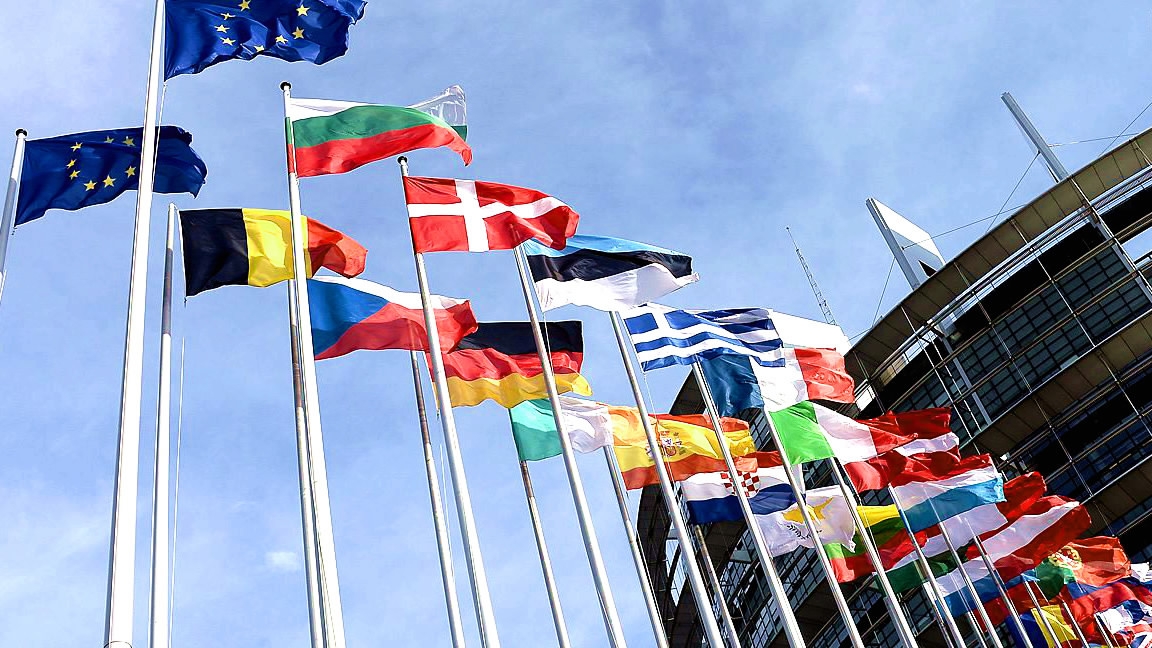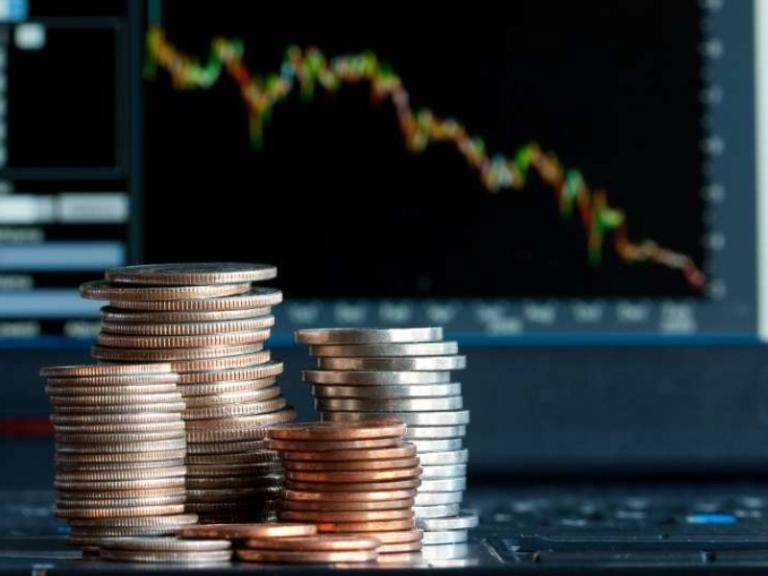
Business
11:30, 02-Aug-2017
European economy gains momentum as GDP up by 0.6 pct in Q2

The European economy is accelerating at its best pace in five years as the GDP grew in the second quarter by 0.6 percent over the previous quarter, according to the Eurostat report on Tuesday.
EU economy panorama in Q2
The report shows that the GDP in the eurozone, the 19 European countries that use euros as currency, expanded 0.6% in the second quarter of 2017, building on growth of 0.5% in the first quarter.
The economy has shown resilience in the immediate aftermath of last year’s EU referendum, confounding forecasts of a downturn. And the growth has quickened and unemployment has fallen against the backdrop of ultra-low interest rates and other measures by the European Central Bank (ECB) to boost activity.
Eurostat said second-quarter GDP was up 2.1% compared with a year earlier, the fastest growth since 2011 and in line with forecasts by economists.
"All in all, the eurozone economy has rounded out the first half of the year in a very healthy state and seems to be set up nicely for continued firm growth for the rest of 2017," Bert Colijn, a senior eurozone economist at the bank ING point out.

AFP Photo
AFP Photo
Eurozone uncertainty
However, the good looking eurozone economy has confounded critics this year after a series of electoral setbacks for eurosceptic parties in the Netherlands, Austria, and France crisis.
The Eurostat report shows that the annual inflation in Euro-area is increased in 1.3 percent in July 2017, and the unemployment rate at the same period has dropped to a nine-year low of 9.1 percent, which resulted to the future EU countries economic uncertainty.
"We are approaching normality. We should stop talking about a recovery phase," Niels Thygesen, chairman of the European Fiscal Board said, and proposing a return to a more prudent orientation for 2018.

Eurozone uncertainty /Finacial Times Photo
Eurozone uncertainty /Finacial Times Photo
The eurozone political uncertainties have been diluted by Macron winning the French presidential election and the defeat of the populist Freedom party in the Dutch elections. These surprises leave the eurozone's economy unpredictable.
"Further uncertainty comes from the German election in September, and a 2017 election is very possible in Italy following Matteo Renzi's December defeat in a referendum on constitutional reform. Additionally, although a third general election has been avoided in Spain, the minority government seems certain to find life difficult," Raj Badiani of IHS Global Insight pointed out.
The analyst also warned that the Brexit vote will further damage eurozone activity in 2017 and 2018.
7971km
Related story:

SITEMAP
Copyright © 2018 CGTN. Beijing ICP prepared NO.16065310-3
Copyright © 2018 CGTN. Beijing ICP prepared NO.16065310-3